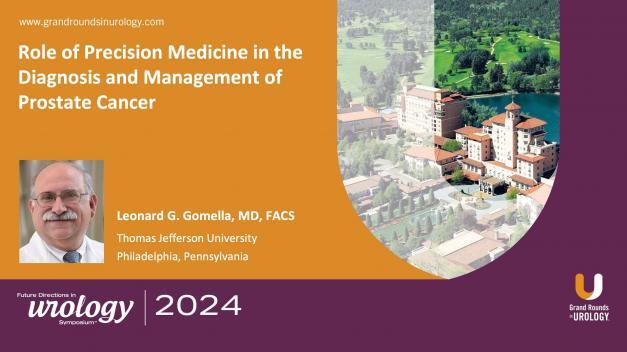Updates with Addressing the Microbiome
Priya N. Werahera, PhD, explores the characterization of urinary microbiomes in healthy individuals and their implications for understanding disease processes such as urinary tract infections (UTIs) and other urologic conditions. In this 10-minute talk, he shares that urogenital microbiota, residing in the urinary and genital tracts, is now better understood due to advancements in next-generation sequencing.
The study identified urinary microbiomes in healthy men and women. Dr. Werahera discusses key findings, including identifying 609 species dominated by four major phyla and notable differences in microbial profiles between genders. This data encourages further discussion, questioning whether medication, gender, or age affect microbiome profiles.
The findings suggest that a one-size-fits-all approach is inadequate; instead, personalized assessment of urinary microbiomes, considering individual patient factors, is crucial for accurately diagnosing and managing bladder-related symptoms and infections.
Read More




